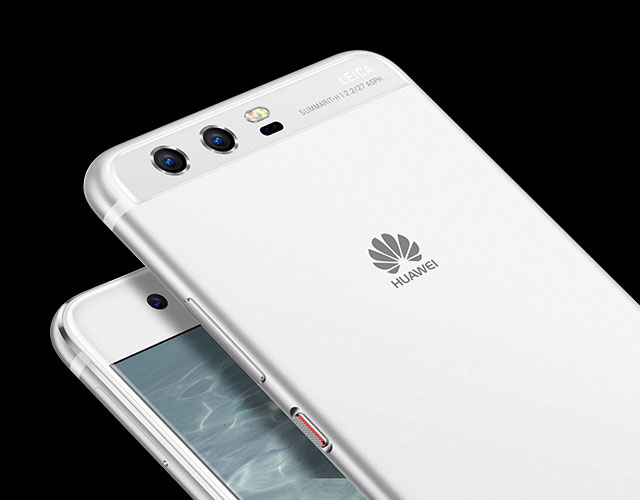Huawei P20 Plus release date, specs rumors: Upcoming flagship smartphone packed with 4,000 mAh, 'Always on' display

Huawei is about to unveil its latest round of flagship smartphones on March 27, particularly the Huawei P20, P20 Plus and P20 Lite. The unveiling will take place in Paris, wherein the world will witness the next powerful creation of the third largest smartphone manufacturer. Weeks prior to the grand launch, there are already reports regarding the larger P20 variant's specs, including a 4,000mAh battery and "Always on" display option.
XDA developers was able to perform a firmware teardown on Huawei's system files obtained by FunkyHuawei. The deciphered lines of codes on the firmware files reveal a product partition for the Huawei P20 Plus having the "Always on" display APK. This suggests that the app featuring the "Always on" display option will be pre-installed on the said device, the same app included in last year's Huawei Mate 10 Pro.
Speaking of the Mate 10 Pro, the "Always on" display feature in the Huawei P20 Plus could also mean that the smartphone will have the former's OLED display, given that the "Always on" mode does not work in LCD screen. Furthermore, the P20 Plus is said to have a 6-inch all-screen display with a taller 18:9 aspect ratio. This is consistent with the earlier specs leaks that the Huawei P20 Plus will make use of an OLED panel and sport a tall appearance similar with 2017 flagship phones.
Aside from the Huawei P20 Plus's "Always on" display, it was reported that the smartphone will be packed with 4,000 mAh battery, making it capable for a whole day of use without charging. On the other hand, the regular-sized Huawei P20 will receive a 3,320 mAh battery, slightly larger than its P10 predecessor.
The Huawei P20, P20 Plus and P20 Lite were first believed to make an appearance at the Mobile World Congress (MWC) 2018, which will be held in Barcelona, Spain on Feb. 25th. However, the Shenzhen-based tech firm made a decision to hold a standalone launch event for its latest flagship, possibly to avoid direct comparison with the Samsung Galaxy S9, which is set for a showcasing at the MWC.











